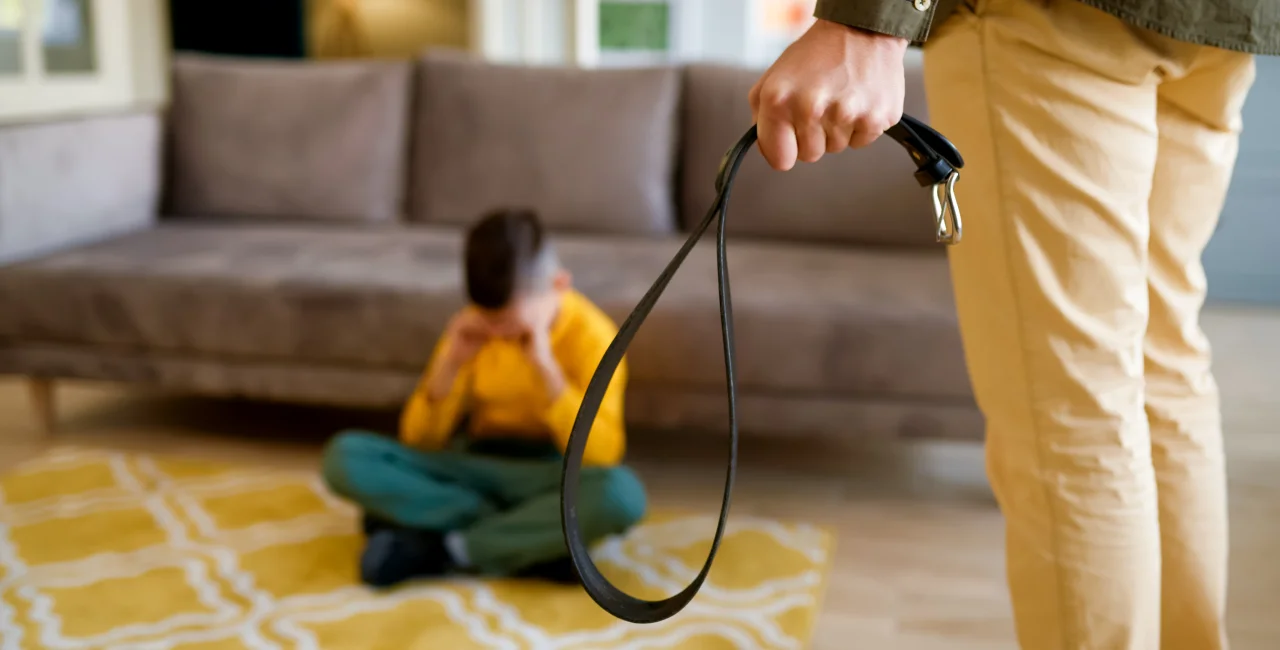Czech Human Rights Commissioner Klára Šimáčková Laurenčíková on Monday urged President Petr Pavel to sign a major civil code amendment that would ban physical punishment of children and significantly change divorce and custody procedures.
Laurenčíková called it “a fatal mistake” to reject the law. She said vetoing the legislation would undermine decades of progress in protecting vulnerable children.
PARTNER ARTICLE
“The amendment has the potential for change, which is more consistent, more systematic protection for children,” she stated at a roundtable with legal experts, researchers, and child welfare organizations.
Critics say the bill could have negative consequences
The bill, which Parliament passed earlier this year, includes a formal ban on corporal punishment, emotional abuse, and humiliating treatment. It also simplifies divorce proceedings and promotes parental equality in child custody cases, including the use of provisional care during court proceedings.
Critics have urged President Pavel to veto the bill, claiming it could have unintended consequences for children, especially in conflict-prone families or cases involving domestic violence. A group of legal experts and nonprofit organizations argues that the law puts parental rights ahead of the child’s best interests and lacks adequate safeguards.
Some of the most controversial provisions include the removal of certain court assessment criteria, the introduction of equal parenting time as a presumed standard, and new methods for deciding maintenance payments.
Beating kids still legal in Czechia, Italy
Interim Children’s Ombudsman Alexander Vít Schorm defended the amendment, noting that Czechia is one of only two countries in Europe, along with Italy, that has not explicitly banned physical punishment of children. “The lack of regulation represents a debt we owe children,” Schorm said, calling the law a necessary step forward.
Most European countries, such as Germany, France, and Sweden, have imposed full bans on corporal punishment in all settings, home, school, and institutional care, following recommendations from the UN Committee on the Rights of the Child. Sweden was the first to enforce such a ban in 1979. Even countries like Ireland and Poland, which were once resistant, have passed similar laws in recent years.
Laurenčíková warned that a veto now could threaten the bill’s future, especially with parliamentary elections approaching. If the president declines to sign, the lower house may not have enough time to override his decision before the next vote.
Supporters of the bill state that it is backed by research from the Czech Labour and Social Affairs Research Institute (RILSA). This research shows that most divorcing parents can reach custody agreements amicably. Researcher Jana Paloncyova mentioned that the law would allow social services to focus more on the small number of high-conflict families needing intervention.
The proposed law is set to take effect next year if signed.












 Reading time: 2 minutes
Reading time: 2 minutes 



























